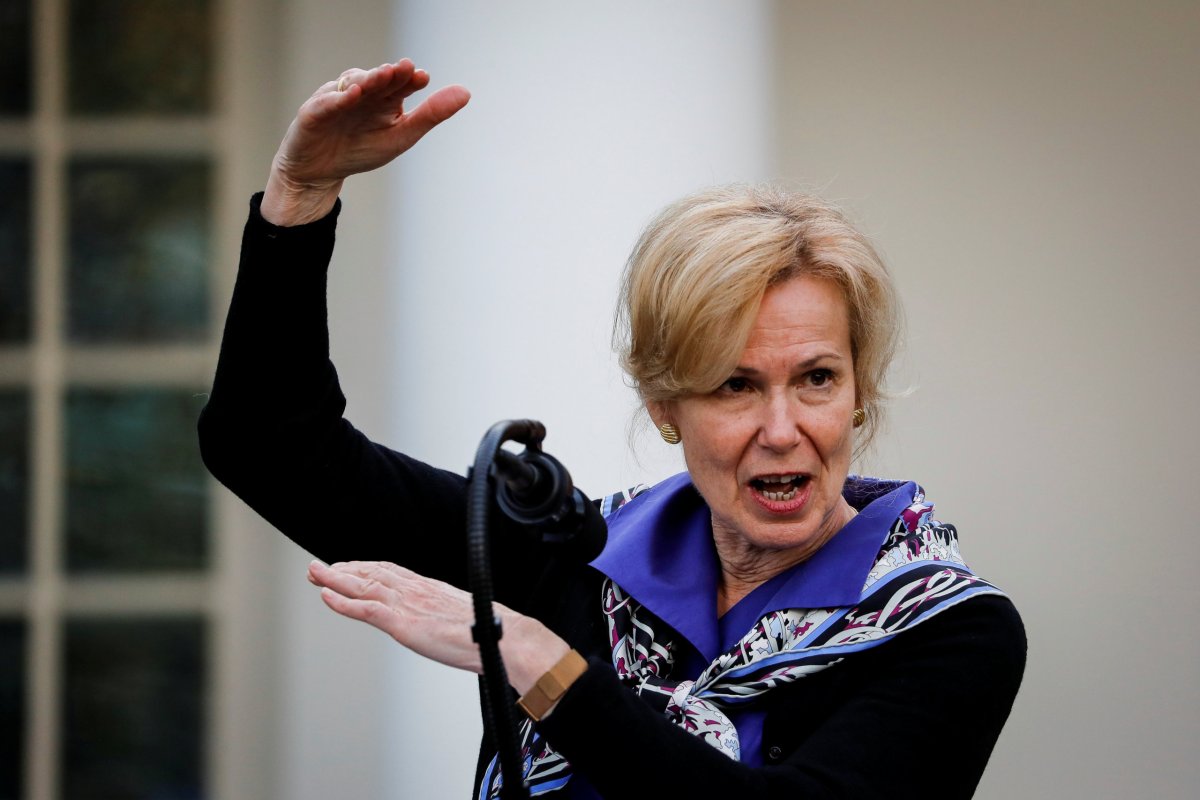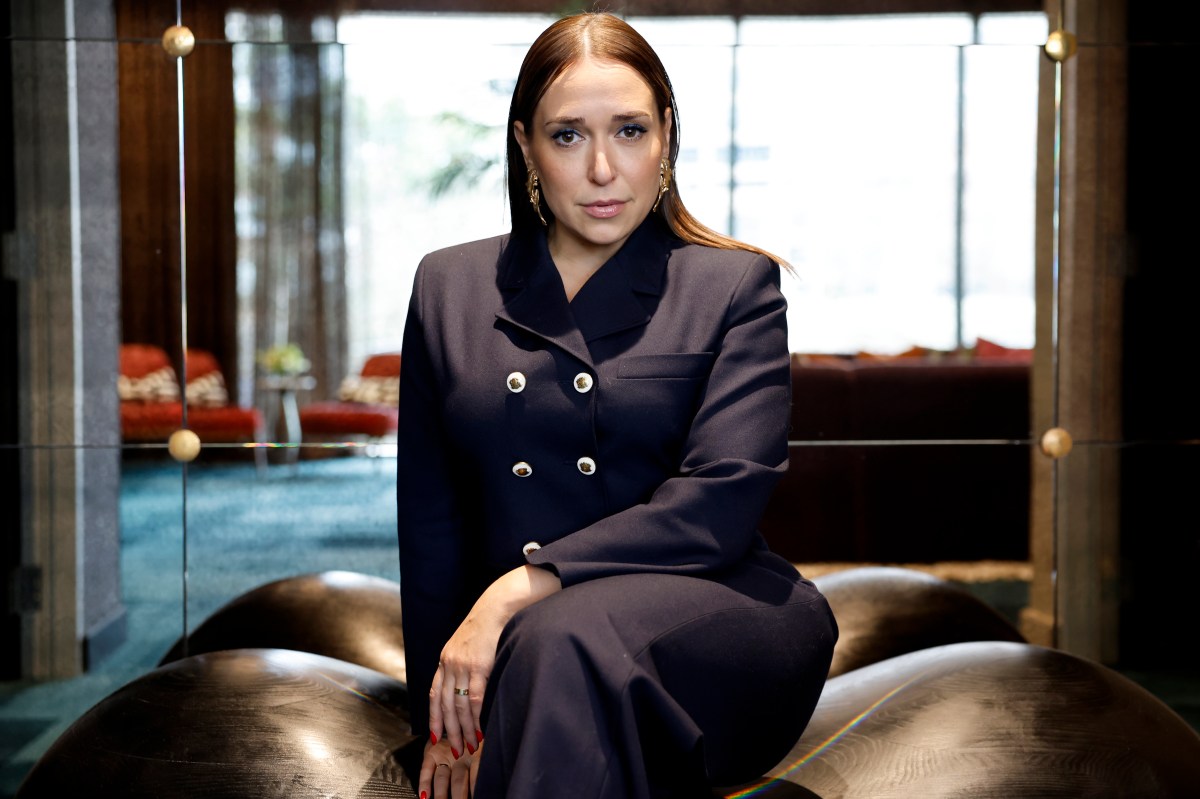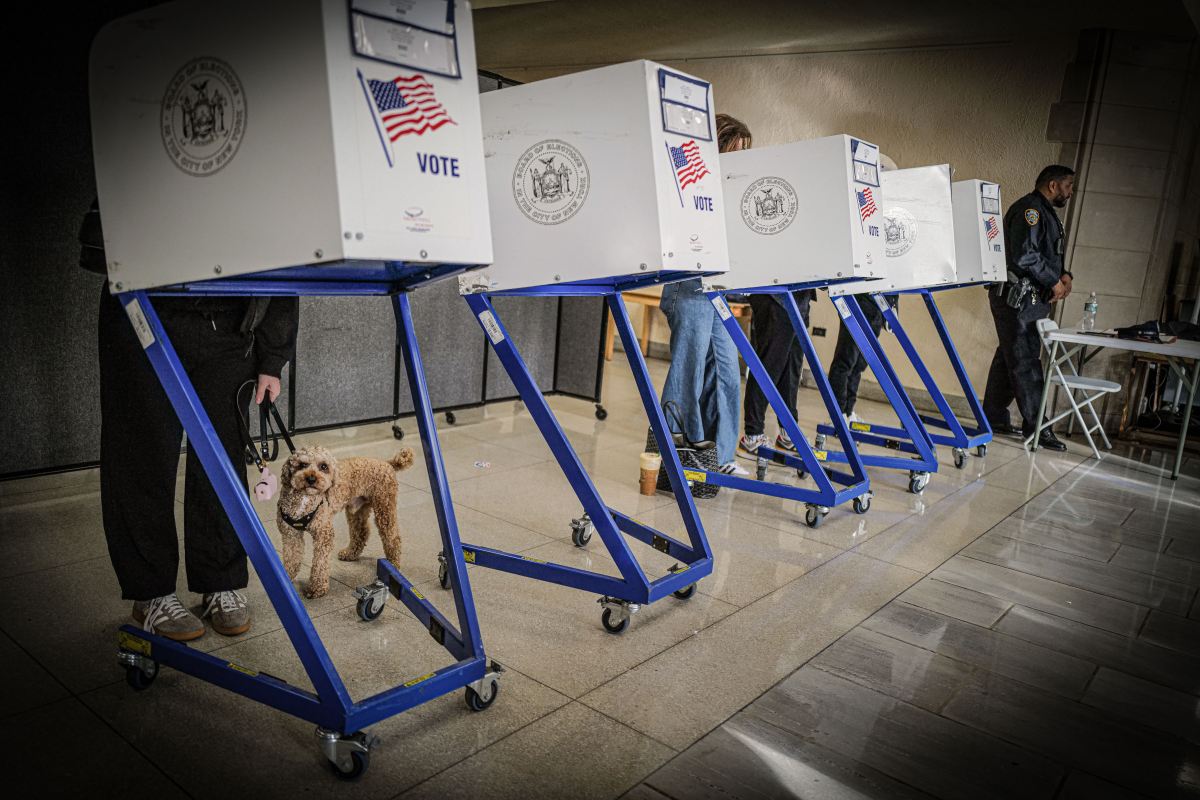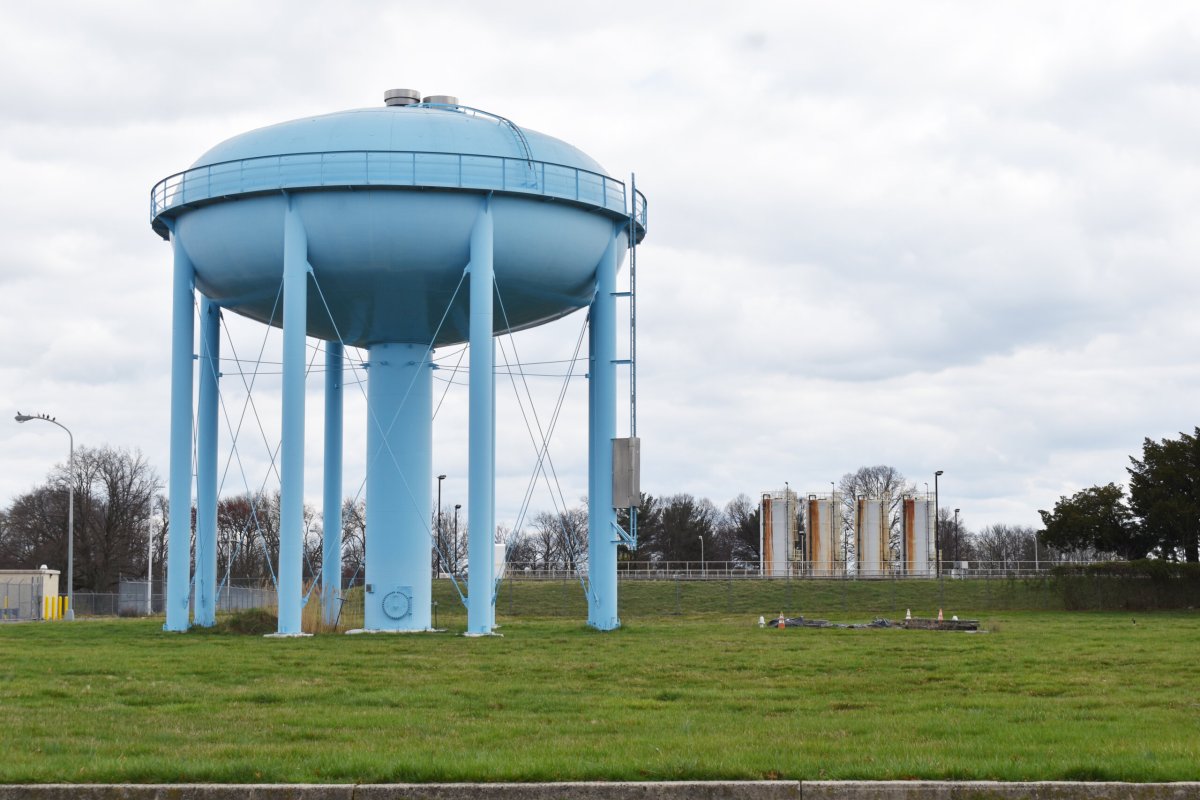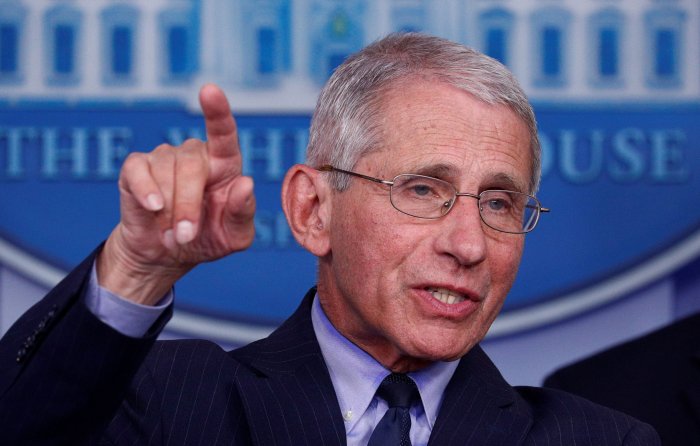WASHINGTON (Reuters) – Dr. Deborah Birx, the coordinator of the White House task force on the coronavirus, had a message for Americans on Thursday: do better at social distancing. President Donald Trump didn’t like the message.
At what has become a daily briefing by the president and his advisers, Birx, a highly respected expert in global health, has served the role of explainer, walking journalists and the public through the data behind federal recommendations designed to slow the virus’s spread.
Just a couple days into a new, 30-day extension of the guidelines, Birx said data showed not enough people were adhering to the list.
“I can tell … that not every American is following it. And so this is really a call to action,” she said, noting that countries such as Spain, Italy, France and Germany were seeing more positive numerical trends in their respective outbreaks.
The recommendations, first unveiled on March 16, encourage people to wash their hands regularly, not gather in groups larger than 10 and avoid dining in restaurants or bars.
“When we said that, now over 16 days ago, that was serious,” Birx said, noting that the people who were now becoming sick would have gotten the virus after the guidelines first went out.
But the president, standing near the White House lectern where Birx was speaking, interceded.
“Deborah, aren’t you referring to just a few states, because many of those states are dead flat,” Trump said, referring to states where the virus had not taken off dramatically and pushed up the national “curve” of deaths.
Birx responded that it was true that some states were flat but that an outbreak in a new city would spoil that.
Trump has faced criticism for playing down the outbreak in its initial stages. He said early on that the virus was under control and repeatedly compared it to the seasonal flu.
Last week he argued the time was coming to reopen the U.S. economy, complaining that the cure was worse than the problem and setting a goal of economic rebirth by Easter on April 12.
On Sunday he announced that he had ditched that plan after Birx and Dr. Anthony Fauci, director of the National Institute of Allergy and Infectious Diseases, convinced him that projections showed more than 2 million people in the United States could die without further stringent measures.
But after a few days of adopting a more somber tone, the president on Thursday seemed chagrined that Birx was focusing on areas where those measures had not been followed sufficiently when some states had not seen severe outbreaks take off.
“It’s hard to blame flat-liners for not doing a good job,” Trump said, sparking Birx to express with emotion, “No, no, I don’t want to say that!”
Trump made clear he did not want headlines suggesting that not enough was being done, and he went on to explain repeatedly what he believed Birx meant as she remained standing on the stage.
“She wasn’t talking about the average of everything, she was talking about an individual state,” Trump said, making a point to add that some of the European countries Birx had highlighted earlier as showing improvement were “having a hard time.”
“Our states, generally speaking – it’s like lots of different countries all over – we have, many of those ‘countries’ are doing a phenomenal job. They’re really flat, and I think that’s what you meant,” Trump said.
Birx responded simply: “Thank you, sir.”
She went on to say, nonetheless, that not all U.S. states had followed the guidelines.
“We know what can be done. And others are doing it and most of the people in the United States are doing it. It’s our communities, it’s every American that has to make these changes,” she said.
Trump weighed in again.
“We’ve done, I think on average, really phenomenally as a country,” he said.
The U.S. death toll from COVID-19, the respiratory illness caused by coronavirus, stood at 5,821 by Thursday evening, with more than 241,000 positive cases across all 50 states.
(Reporting by Jeff Mason; Editing by Simon Cameron-Moore and Jonathan Oatis)

